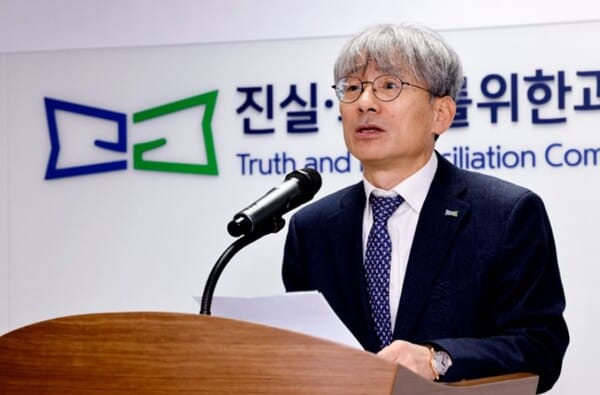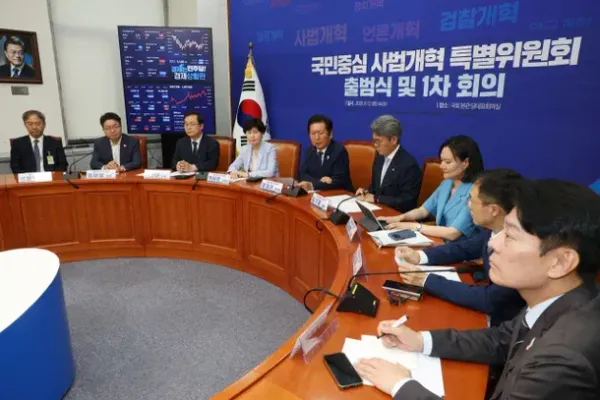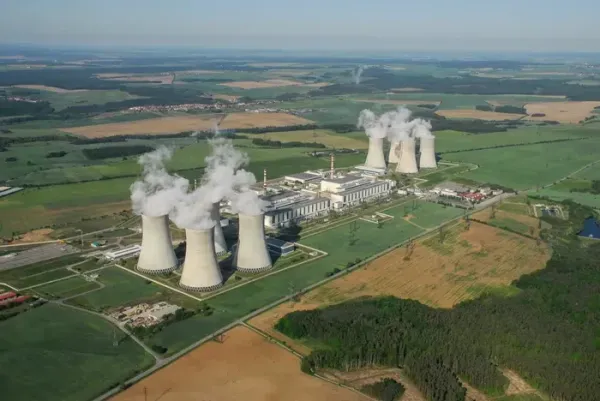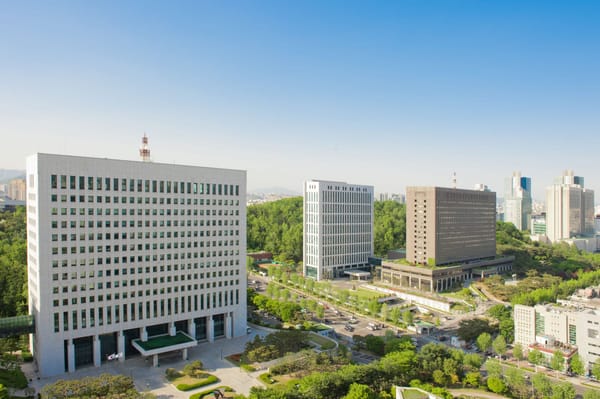Photo: Kim Gwang-dong, chairman of the Truth and Reconciliation Committee. Credit: Truth and Reconciliation Committee.
Even as Han Kang 한강’s literary exploration of the 1980 Gwangju 광주 massacre won her the Nobel Prize, South Korea’s conservatives continued in their familiar pattern of glorifying the Chun Doo-hwan 전두환 dictatorship and denying the atrocity it committed. President Yoon Suk-yeol 윤석열’s annual attendance at the May 18 memorial for the Gwangju Uprising is progress of a sort, but his administration has witnessed a resurgence of revisionist history.
At the National Assembly on October 10, Truth and Reconciliation Committee chairman Kim Gwang-dong 김광동 진실과 화해 위원장 claimed that “North Korea could possibly have been involved in the Gwangju Uprising,” repeating a hoary old lie aimed at undermining the pro-democracy protests. Kim previously argued that the South Korean government should not have compensated the victims of Korean War-era civilian massacres. In response, the city of Gwangju issued a statement on October 14 calling for Kim’s resignation.
Meanwhile, according to an October 14 report by Assembly Member Chu Mi-ae 추미애, the Defense Counterintelligence Command 국군방첩사령부 has re-installed photos of Chun and his lieutenant Roh Tae-woo 노태우 as a part of a display showing photos of the former DCC chiefs. The DCC was established in 1950 as an anti-communist unit within the South Korean military, and was eliminated during the Moon Jae-in 문재인 administration after being implicated in plotting a coup during the impeachment of Park Geun-hye 박근혜 in 2017. The Yoon administration has revived the DCC however, along with its history as the training ground for South Korea’s military junta.








